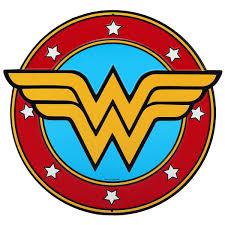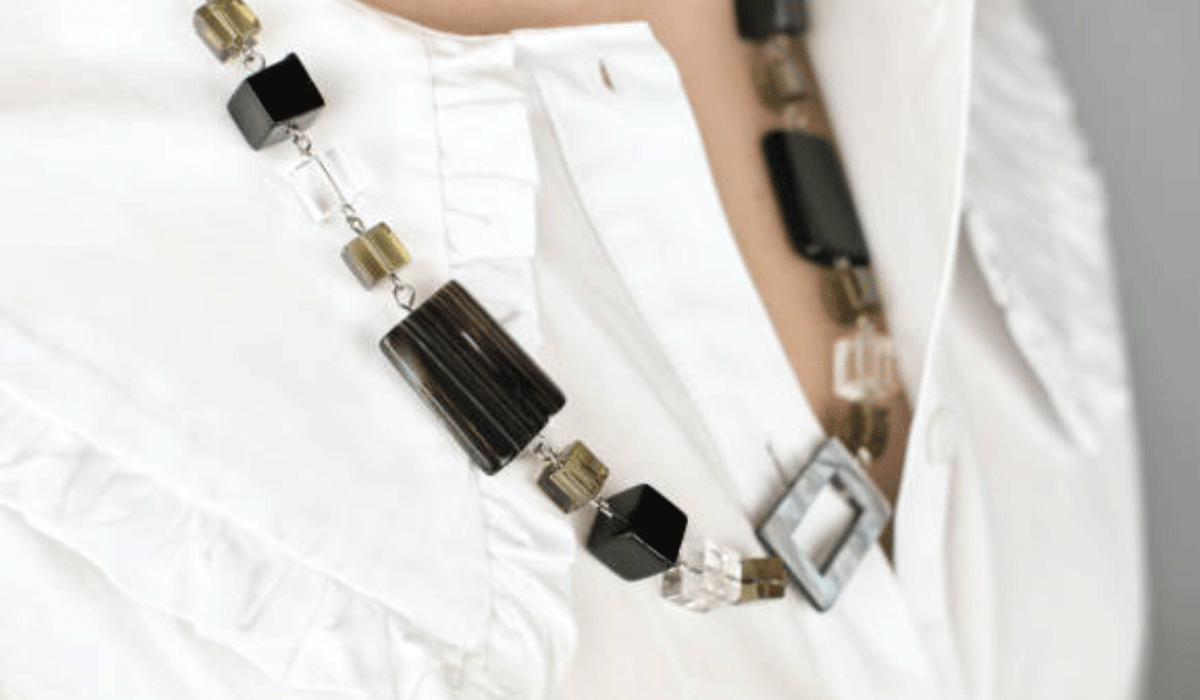Jive is precious! 😍🤍
ugly bag of mostly water
don’t keep sweatin’ what I do 'cause I’m gonna be just fine
- 5 Posts
- 999 Comments
 9·6 hours ago
9·6 hours agoYes that’s a thing here in the US
 2·14 hours ago
2·14 hours agoInextricably linked to “Lift Me Up” for me
It’s been a long time since I built a snow fort, but I was partial to the mason method. Of course there must be a snowball cache! Because I know my sister is lurking somewhere…
Wow! Are you interested in seeing snow in person someday, or nah?
Aww I do love Hobbes! 🤍

 4·3 days ago
4·3 days agoSame, I looooove lifting!

 6·4 days ago
6·4 days agoYou just invented Spicy Jenga.

 1·4 days ago
1·4 days agoIf god had a name, what would we call him?
Spidersloth, spidersloth
Does whatever a spidersloth does

 3·4 days ago
3·4 days agoGod yes, I really hate schmoozing! It’s so much easier to be direct.

 10·4 days ago
10·4 days agoCold weather. I hate having to fuss with a coat plus hat, scarf, and gloves; having cold toes and a runny nose all the time; scraping ice from my car; shoveling snow; super dry skin and sinuses; chapped lips no matter what balm I use; and painfully cold eyeballs. I wish I could enjoy the winter because it can be so beautiful, but I’m just grumpy from like November through March. Plus the days being shorter doesn’t help!

 3·5 days ago
3·5 days agoHa I’m listening to the Delta Flyers recap of this episode right now :)

 1·6 days ago
1·6 days agoOh snap I like that!

 1·6 days ago
1·6 days agoAw feel better 🤍

 10·6 days ago
10·6 days agoYet… if they’re unable to pay with SNAP because the funding is cut off, wouldn’t that law be inapplicable?









If it’s not purrkin I’m quitting this place.